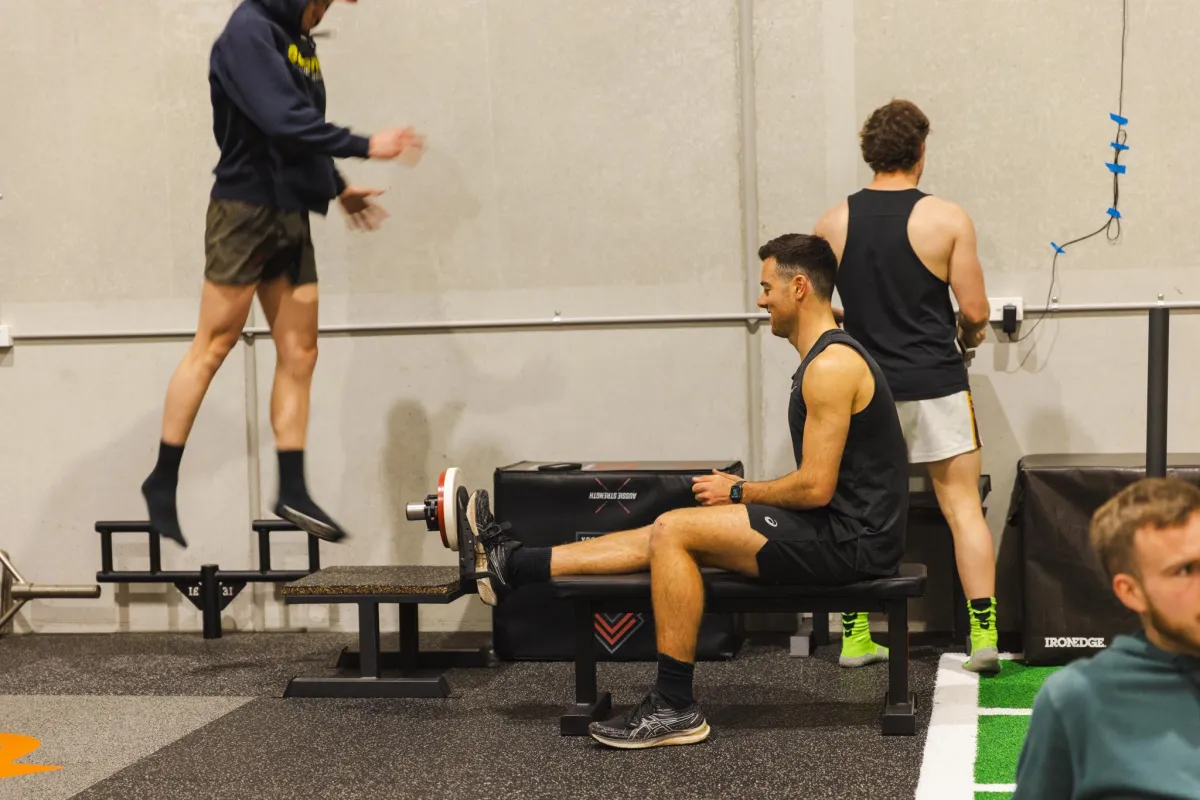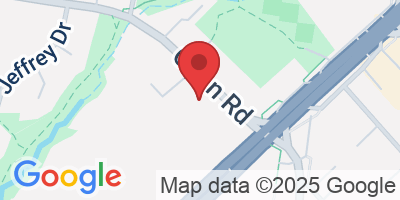Welcome To
Our Blog

What to Know About Calf Injuries In Sport
🦵 Calf Strains in Sport: How to Rehab and Return Without Reinjury
Calf strains are one of the most common soft tissue injuries across field sports — and one of the most frustrating when not managed correctly. Whether it’s a sudden sprint, a high jump, or a sharp change of direction, calf injuries can occur in an instant and keep athletes off the field far longer than necessary.
If you've felt that sudden grab or “pop” in your calf mid-stride, you’re not alone — but what matters most is how you rehab from it.
🔍 What Actually Happens During a Calf Strain?
The calf is made up of two primary muscles:
The gastrocnemius, which crosses both the knee and ankle joints, and is active during sprinting and jumping.
The soleus, which sits deeper and handles more endurance-based or powerful deceleration loads.
Strains typically occur when the muscle is overstretched or overloaded under force. For example:
Gastrocnemius injuries often happen during sprinting, especially when accelerating or pushing off the ground.
Soleus strains tend to occur during deceleration or sudden stop-start movements — common in football, soccer, and netball.
💥 Common Symptoms of a Calf Strain
Sudden sharp pain in the calf
Difficulty weight-bearing or walking
Visible swelling or bruising (depending on severity)
Tightness or cramping sensation during movement
Pain when pushing off, sprinting, or jumping
⚙️ Our Rehab Approach at Pivot Sports Performance
At Pivot, we focus on athlete-specific calf strain rehab that doesn’t just get you back to training — it prepares you to sprint, change direction, and perform at your best again.
✅ Strengthening Both Calf Muscles
We target both gastrocnemius and soleus using a mix of isometric, eccentric, and plyometric loading.
Exercises progress from controlled calf raises to heavy bent-knee work for the soleus and dynamic hopping drills for sprint carryover.
✅ Sprint Technique & Gait Correction
Poor mechanics often contribute to calf overload.
Our coaches analyse your running form, push-off mechanics, and deceleration control to reduce asymmetries and technical faults.
✅ Plyometrics, Power, and Hop Testing
Once strength is restored, we implement reactive power training — including single-leg hops, bounds, and landing mechanics.
Final phase rehab includes hop testing and sprint re-integration to confirm readiness for return to sport.
⏱️ Recovery Timelines: What to Expect
Recovery time depends on the grade of strain:
Grade I (mild): 1–2 weeks. Often feels like a cramp but includes minor fibre damage. Rehab can progress quickly if addressed early.
Grade II (moderate): 3–6 weeks. Partial tearing with more significant pain and swelling; requires progressive loading.
Grade III (severe/rupture): 6–10+ weeks or surgical consideration. Complete muscle tears need close monitoring and testing before return.
Note: Returning too soon is the #1 reason athletes re-strain their calf. Proper clearance testing — not just “feeling okay” — is essential.
🏃♂️ Why Structured Rehab Matters
Without proper rehab, calf strains often become recurring injuries, leading to:
Chronic tightness
Reduced sprint power
Compensation injuries (e.g. Achilles, hamstring, plantar fascia)
Longer time away from sport
At Pivot, our return-to-play criteria ensures your calf can handle sprinting, jumping, landing, and cutting before you're cleared — no guesswork.
📌 Final Word
Don’t underestimate a calf strain. It might feel minor at first — but if left untreated or under-rehabbed, it can become a persistent issue that lingers for months.
If you’ve recently strained your calf or want to make sure it never happens again, get in touch here. We’ll help you rebuild strength, refine your technique, and return to your sport stronger than before.
01

Athlete Performance Program
High Performance Training Throughout Your Entire Season.
02

Sports Physio
Sport Specific Injury Management & Prevention
03

Concussion Clinic
Keeping Your Brain Safe With Up To Revolutionary Concussion Care
Website & Marketing Powered By Gymini


